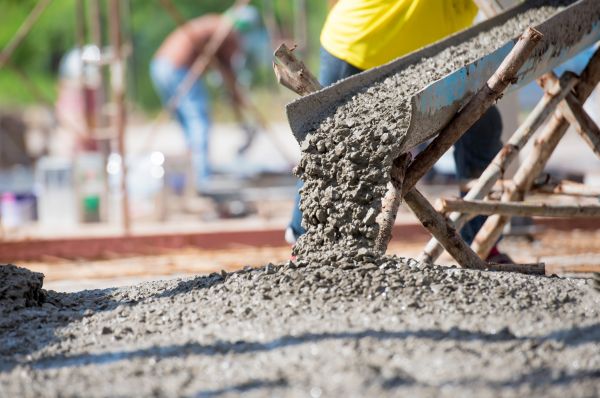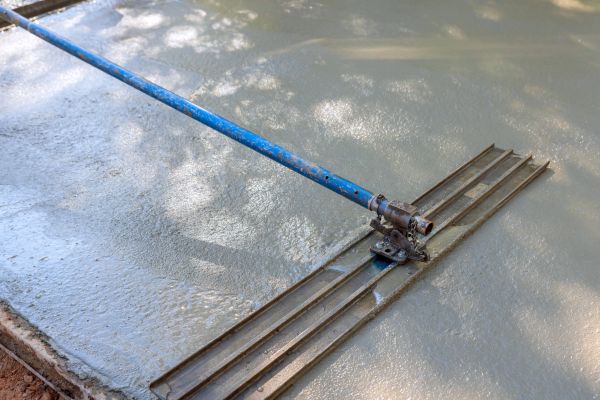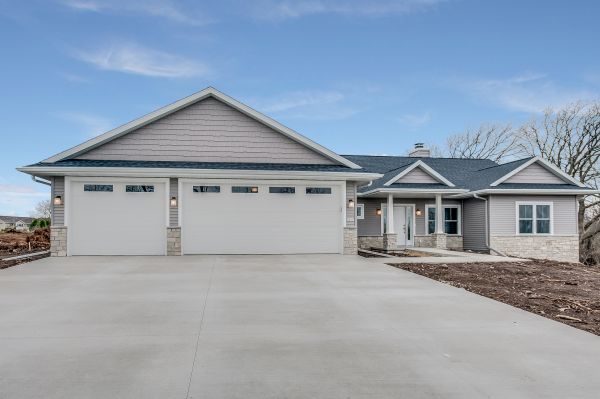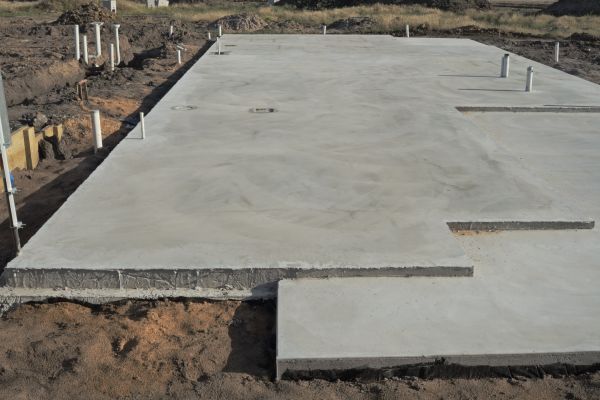Concrete Construction Service
Affordable Concrete Construction
Concrete construction plays a pivotal role in modern infrastructure, providing the backbone for a wide range of projects from residential homes to towering skyscrapers. This method involves using a composite material made up of cement, water, aggregates, and sometimes additives to improve performance. The versatility, durability, and strength of concrete make it an indispensable material in construction. Its ability to withstand harsh weather conditions and heavy loads ensures the longevity and safety of structures. Concrete construction is crucial for creating sustainable and resilient buildings that meet the demands of today's architectural and engineering challenges.
Benefits of Concrete Construction
-
Durability and Longevity
Concrete is renowned for its exceptional durability and long lifespan. Structures built with concrete can last for decades, if not centuries, with minimal maintenance. Its resistance to weathering, erosion, and natural disasters like earthquakes and hurricanes makes it a preferred choice for building robust structures.
-
Energy Efficiency
Concrete's thermal mass properties allow it to absorb and store heat, which can significantly reduce heating and cooling costs in buildings. This energy efficiency contributes to a smaller carbon footprint and supports sustainable building practices.
-
Versatility in Design
The malleability of concrete when wet allows for a wide range of design possibilities. Architects and builders can create intricate and innovative designs that would be difficult to achieve with other materials. This flexibility makes concrete suitable for both functional and aesthetic applications.
-
Cost-Effectiveness
Although the initial cost of concrete may be higher than some materials, its durability and low maintenance requirements make it a cost-effective option in the long run. The reduced need for repairs and replacements translates to savings over the life of the structure.
-
Fire Resistance
Concrete is inherently fire-resistant, providing an extra layer of safety for buildings. It does not burn, and it helps contain the spread of fire, protecting the structure and its occupants. This makes concrete an ideal choice for buildings where fire safety is a priority.
FAQs About Concrete Construction
What is the average lifespan of a concrete structure?
The average lifespan of a concrete structure can range from 50 to 100 years, depending on the quality of materials used and the environmental conditions it is exposed to.
How does concrete construction contribute to sustainability?
Concrete construction contributes to sustainability through its energy efficiency, durability, and use of locally sourced materials, which reduces transportation emissions. Additionally, concrete can be recycled and reused in other construction projects.
Are there any limitations to using concrete in construction?
While concrete offers many benefits, it does have some limitations, such as weight and potential cracking if not properly reinforced. It also requires a curing period, which can delay construction timelines.
Can concrete be used in all types of climate conditions?
Yes, concrete can be used in a wide range of climate conditions. However, special considerations, such as the use of additives or sealants, may be necessary to ensure its performance in extreme temperatures or moisture-rich environments.
Ready to experience the benefits of professional Concrete Construction? Fill out the contact form today to request a consultation and discover how expertly crafted concrete solutions can enhance your next project.




